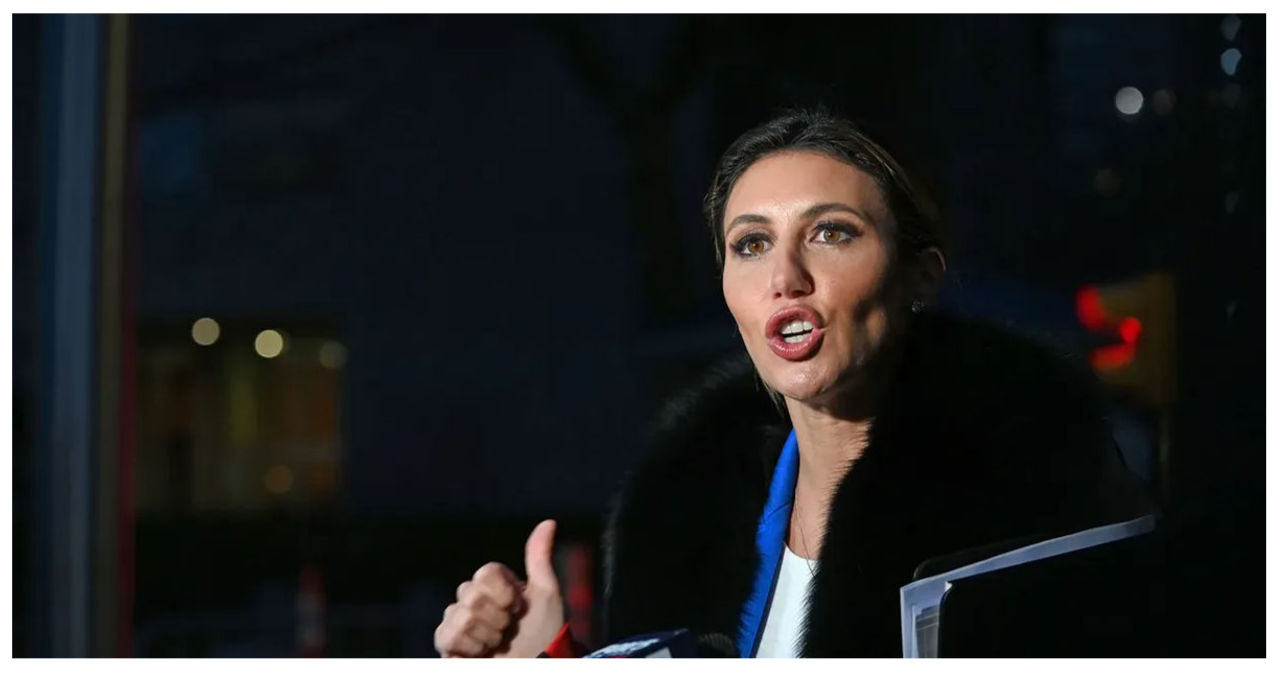Former Trump Organization CFO Allen Weisselberg pleaded guilty on Monday to perjury. He admitted to lying under oath to the New York attorney general’s office during their investigation into Donald Trump.
According to The Daily Beast, Trump’s attorneys, including Alina Habba and Clifford Robert, could face significant consequences as a result of Weisselberg’s plea agreement.
Judge Arthur Engoron expressed doubts about Weisselberg’s reliability as a witness during the civil fraud trial of former president Trump. Engoron questioned Weisselberg’s ability to recall his role as the finance chief of the Trump Organization. The trial revolves around allegations that Trump manipulated financial statements to benefit himself by inflating valuations.
After the publication of a report by the New York Times, which revealed that Weisselberg had engaged in covert negotiations with prosecutors from the Manhattan District Attorney’s office, Engoron took action. He requested Trump’s lawyers to provide him with answers, specifically asking them to submit letters that would disclose any information they were aware of, without violating their professional ethics or obligations.
Engoron emphasized the significance of not overlooking any details in a case of this magnitude.
According to the New York Rules of Professional Conduct, lawyers are prohibited from knowingly offering or using false evidence. If a lawyer becomes aware that their client or a witness called by the lawyer has presented material evidence that is false, the lawyer must take appropriate steps to address the situation, which may include disclosing the false evidence to the tribunal if necessary.
According to the rules, if a lawyer represents a client before a tribunal and is aware of any criminal or fraudulent conduct related to the proceeding, they are obligated to take appropriate steps to address the situation.
According to Stephen Gillers, a professor of legal ethics at New York University School of Law, the Trump lawyers in the attorney general’s case had an obligation to take “reasonable remedial measures” if they were aware that Weisselberg had lied in his testimony.
According to Gillers, it was necessary for them to take action, even if it meant revealing confidential information about a client. In this case, the remedial measures would have involved disclosing the lie to the court. Gillers explains that perjury is considered a criminal and fraudulent act under paragraph (b) of the New York Rules of Professional Conduct.
According to him, the lawyer’s conduct can be investigated by the disciplinary committee either on its own initiative or in response to a complaint.
According to Gregory Germain, a law professor at Syracuse University, the crucial factor here is whether the lawyers were knowingly using false testimony. If they were unaware of its falsehood, even if they had doubts about its credibility, they would not be in breach of the rules. However, if they had actual knowledge of the testimony’s falsity, they would be liable to face disciplinary action, including potential suspension or disbarment.
Germain explained that if the lawyers were aware of and actively encouraged false testimony, they could potentially face criminal charges under federal law (18 USC 1622) as well as similar criminal laws in New York. However, it would be challenging for a prosecutor to prove that the lawyers had prior knowledge of the false testimony without the cooperation of the individual committing perjury.
Weisselberg, a pivotal figure in both of Trump’s New York cases and closely tied to Trump’s finances for many years, abruptly ended his testimony in October. This came following a Forbes report that raised questions about his truthfulness under oath regarding his role in valuing Trump’s penthouse apartment.
Weisselberg stated that he had very little understanding of how Trump’s penthouse at Trump Tower was valued at $200 million on his financial statements. According to the figures, the penthouse was indicated to be three times its actual size.
According to Germain, the issue revolves around the incorrect size of Trump’s apartment, which was used to calculate its value in his financial statement. It has been revealed that Weisselberg lied under oath by claiming that he was unaware of the error until after the statement was utilized.
According to Germain, by confessing to perjury, he is acknowledging that he was aware of the truth earlier than he had previously claimed during his sworn testimony. However, it seems that he has not implicated any other individuals within the Trump organization in the fraudulent activity or perjury.
Engoron already established the falsehood of the valuation and was aware of the truth when he provided his opinion. Therefore, the admission of perjury would not have any effect on the civil case, unless Weisselberg were to implicate other individuals.
“As attorneys, it is your responsibility to thoroughly investigate your case before entering the courtroom…” emphasized V. James DeSimone, a civil rights attorney based in California. “By doing so, you are not only fulfilling your duty to the court, your clients, and yourself, but also safeguarding the truth through diligent preparation.”
According to DeSimone, people can still lie and mislead, despite thorough vetting. Even if lawyers are diligent in their investigations, they may not always be aware of false testimony entering into evidence. In such cases, it is crucial to protect the lawyer from any negative consequences.
According to DeSimone, Trump’s lawyers were aware of discrepancies between Weisselberg’s emails and his sworn testimony. DeSimone asserts that, as per the rules of professional conduct, it was their duty to convince Weisselberg not to provide false testimony. If their attempts proved unsuccessful, they were obligated to refuse to present the false testimony to the court.



